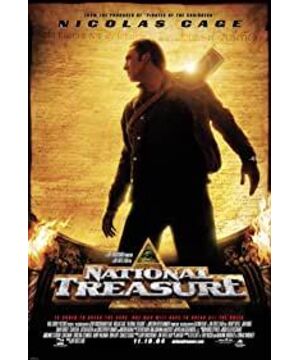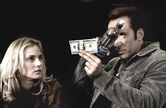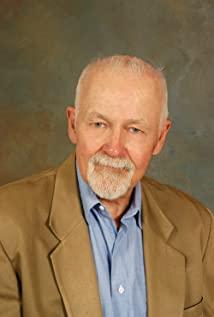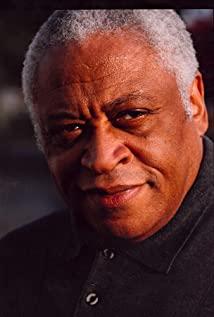Reasoning movies have always attracted me. The first type is detective or crime movies. High-level murderers generally have amazing IQ, continuous fanaticism, high environmental sensitivity and strong anti-reconnaissance capabilities, so generally speaking, like "Silent Lamb" and "Chain Saw" "Fright" and "Seven Deadly Sins" all made me exclaimed; the second type is historical mystery films, the typical representative is "The Da Vinci Code", through the combination of orthodox history with certain unofficial history and conspiracy theories, it is known to the world "Historical relics" such as the architecture, literature and art works of China can often fabricate both true and illusory movie storylines. There is a saying that if it is true or false, and if it is true or false, it is also true. Watching a genre of movies, you must always remind yourself that if you believe it, you will not believe it or not. Otherwise, the power of history is really too powerful.
"National Treasure" is classified as a historical mystery film because it is different from the "Indiana Jones" or "Pirates of the Caribbean" kind of treasure hunt that I have watched before. According to my analysis, the first and second parts of the film did not focus on the construction of luxurious sci-fi scenes, and did not set environmental, biological, spiritual obstacles that can affect human inferiority. Instead, the pen and ink focuses on the introduction and extension of these treasure hunt clues. My favorite themes of the historical mystery films I have seen before are the Bible, the Pope, the Vatican, the Renaissance, the Knights, the New World, Western European colonialism, World War I and World War II, Hitler, etc. This time the theme of the National Treasure, the first (2004) is the 1775 American War of Independence The War of Independence, and the founding father, the great scientist Thomas Jefferson drafted the secrets on the back of the original United States Declaration of Independence; the second ( 2007) is The Civil War of the American Civil War, and the president’s note written on the poster, which is known as a mysterious book, is said to contain many historical secrets.
Maybe it was when I was studying world history in junior high school that I was more emotional about studying, maybe it was the courses taught by American foreign teachers about the Obama election in college that impressed me, or maybe it was the life in recent years that gave me a sense of freedom and the power of people. More insights. For these two pieces of history, it is precisely what I do not want to return to the master, and I hope to keep studying. The appearance of these two films undoubtedly gave me a sense of demystification. These two events are ground-breaking for the United States, and it is also understandable why the film can be named national.
The American nation is the American nation, the Americans are the Americans now, and why their bloodlines clearly have the legacy of Britain and Spain, but they lack the elegance and pedantry of the British colonists and the nationality and brutality of the Spanish colonists. ? If it is the original American continent, the original Amazon River, the original Indians, or it is not unreasonable. How many people do it take for a person, a generation, or even a nation to form the idea of creating everything independently, the idea of pursuing freedom at all costs, and the idea of self-esteem, self-love, and self-esteem? How much time does it take to gurgle? Whenever I think of this, I feel unconsciously.
As far as the design of the story is concerned, it's pretty good, mainly because the protagonist is of good quality. The second part is not as good as the first part, and the plot is a bit far-fetched. It can be said to be "a bloody case triggered by a small piece of paper." And I really don't want to see scientists or geniuses betrayed in emotional or marital life because they are obsessed with certain aspects of professionalism or are too pedantic.
View more about National Treasure reviews










